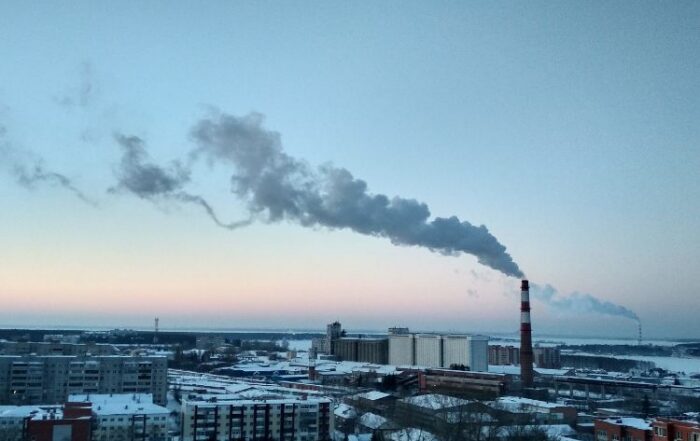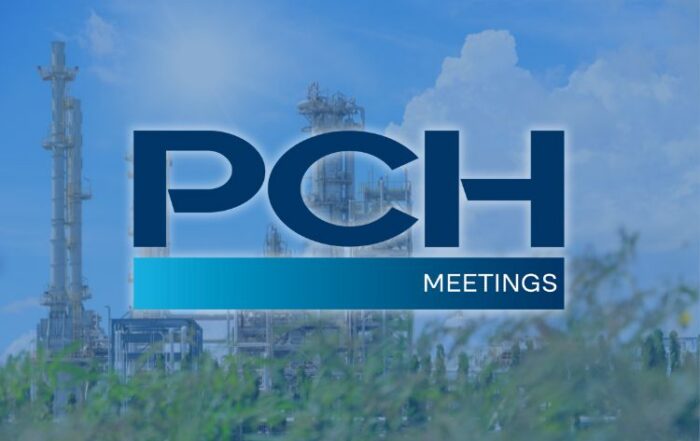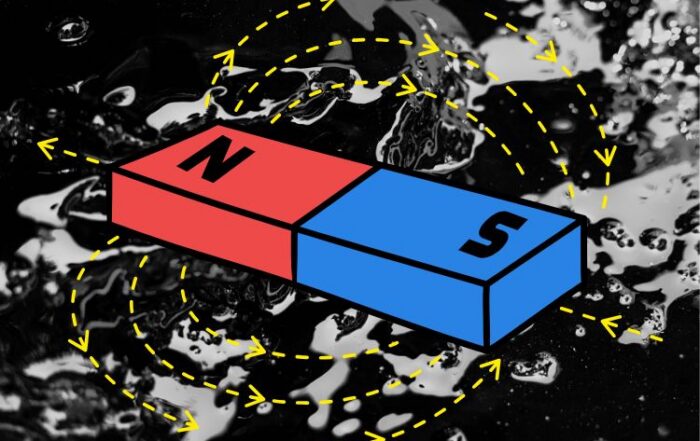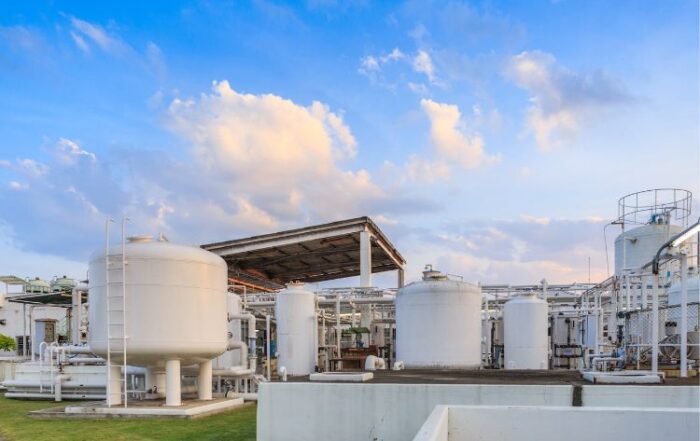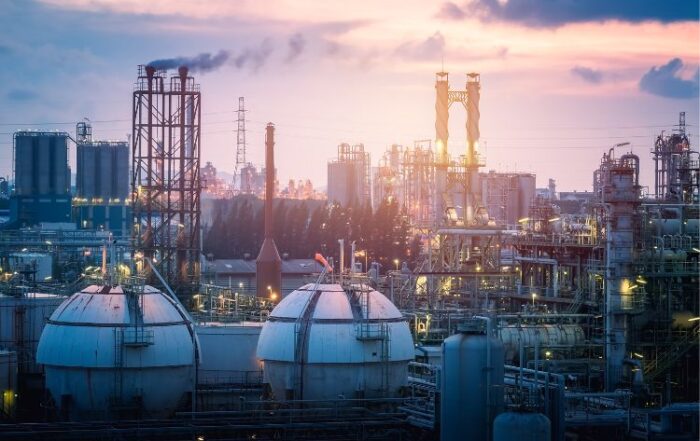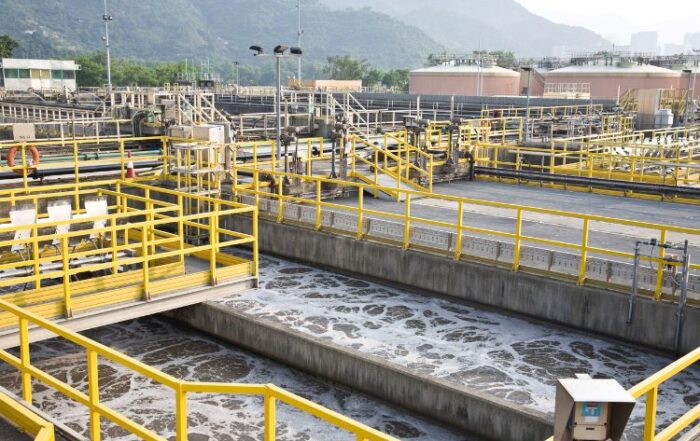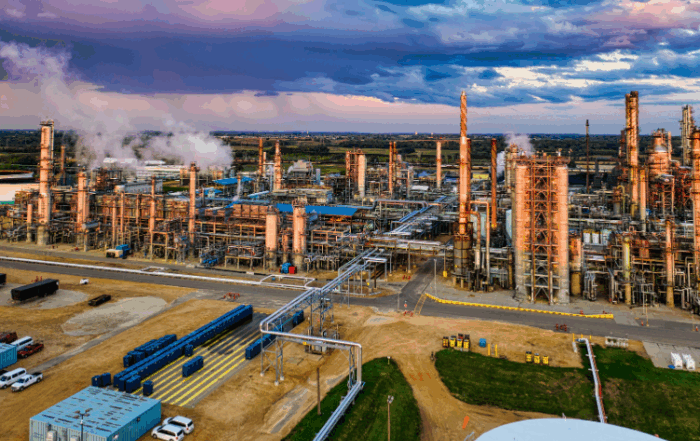
Absorption: TECNIUM-CHEM
Under this technology Tecnium supply multiple systems for gas treatment and odor control based on water or chemical absorption using wet scrubbers, jet venturis and cyclons.
In most of the occassion pollutants contained in gases to be treated are susceptible to be oxidized or absorbed in alkaline or acidic medium.
So nitrogen derivates (NH3, R-NH, etc) are susceptible to be absorbed in acidic medium while sulfur derivatives (H2S, R-SH, R-S-S-R, etc) are likely to be absorbed in alkaline medium or susceptible to oxidation. The organic carbon derivatives (R-COH, R-CO-R and VOC in general) in some case can be decompose into CO2 and H2O when subjected to energetic oxidation.
Applications
- Waste water treatment plants: Pumping stations, thickeners, pre-treatment and deshydration.
- Composting MBT plants
- Food industry: Odours coming from sludgeries, treatments of animal fats, fish processing plants
- Chemical and pharmaceutical industry: Gases from reactors vents
- Incineration gases/inerting
Advantages
- Without limiting flow to treat
- High efficiency
- Most common reagents used
- Totally automated process, so keeping human interventions to a minimum
Downloads:
Gas Treatment Catalogue – English – 2.22 MB
More information
Give us your contact details and we will advise you on the best solution for your application.
View also
How Gas Scrubbing Technologies Will Drive Decarbonisation in the Chemical Sector
Decarbonisation as the Urgent Challenge for the Chemical Industry The chemical industry is entering one of the most transformative decades in its history. As regulatory pressure intensifies and global climate targets advance, [...]
Tecnium to attend PCH Meetings 2025 in Lyon
Leading Innovation in Chemical Process Equipment Tecnium will participate in the 21st edition of PCH Meetings, the leading international business convention for process, chemical, petrochemical, and pharmaceutical industries, to be held on [...]
Magnetic Drive Pumps: The Science Behind Leak-Free Chemical Transfer
Why Magnetic Drive Technology Matters In industrial environments where safety, reliability, and chemical containment are critical, even a small leak can have major consequences. Traditional centrifugal pumps, which rely on mechanical seals [...]
Biofiltration for Air Pollution Control
Introduction to Biofiltration and Air Pollution Control Air pollution control is a persistent challenge across multiple industries — from wastewater treatment to chemical manufacturing, food processing, and beyond. As regulations grow stricter [...]
ECHA 2025 Report
Why the ECHA 2025 Report Matters The European Chemicals Agency (ECHA) plays a central role in regulating the safe use of chemicals across the European Union. Through its guidance, risk assessments, and [...]
A Key Element for Environmental Protection in WWTPs
Why Gas and Odour Emissions in WWTPs Are an Environmental Issue Wastewater treatment plants (WWTPs) play a critical role in safeguarding public health and the environment. However, the treatment process itself can [...]
Green ammonia: The fuel of the future
What is green ammonia and how is it produced? Green ammonia is an environmentally friendly alternative to conventional ammonia, produced without fossil fuels or carbon emissions. While traditional ammonia synthesis relies on [...]
Chemical sector decarbonisation
How Scrubbing Technologies can help Despite growing environmental awareness and ambitious climate targets, the chemical industry remains one of the most fossil-fuel-dependent sectors in Europe and beyond. From ammonia to methanol, production [...]
The Critical Chemical Alliance
Europe’s Industrial Comeback Strategy In a decisive move to reinforce industrial resilience and regain sovereignty in key manufacturing sectors, the European Commission has announced the upcoming launch of the Critical Chemical Alliance. This [...]
Industrial gas scrubbing in the metallurgical industry: Efficiency, compliance and sustainability with Tecnium
In the metallurgical sector, industrial gas scrubbing is a key technology to ensure operational sustainability and compliance with increasingly stringent environmental regulations. Smelting, refining, coating, and metal surface treatment processes generate emissions with high [...]

